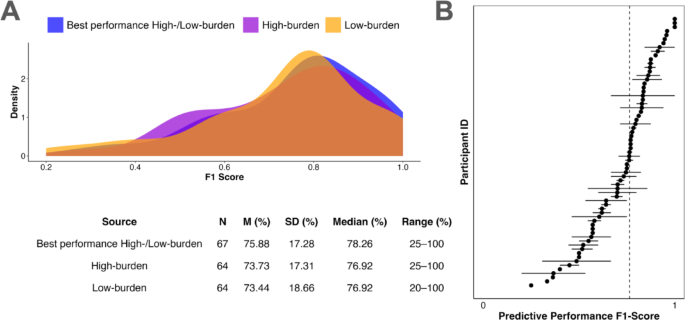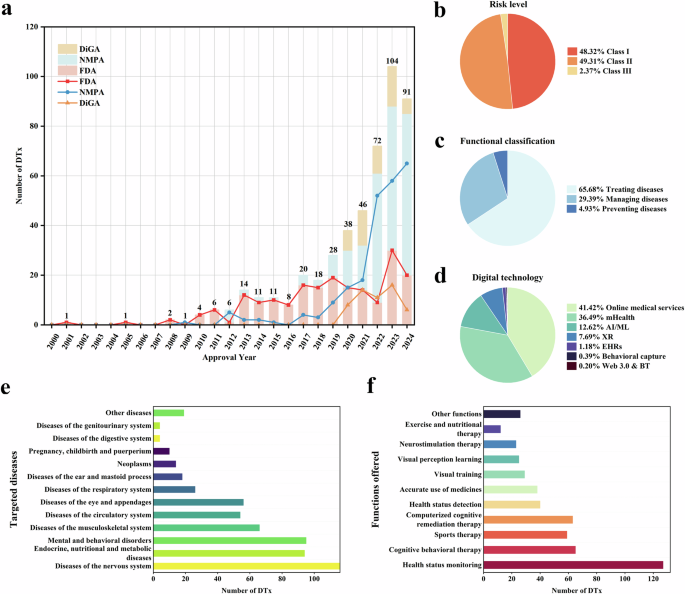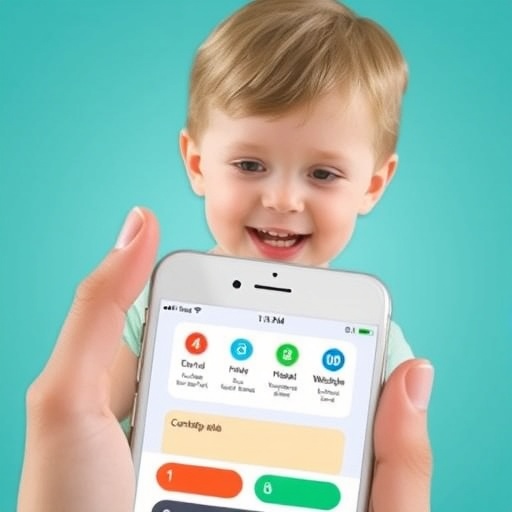Cognitive behavioral therapy mobile app improves health behavior in patients with diabetes

March 08, 2023
2 min read
NEW ORLEANS — With the use of cognitive behavioral therapy, a smartphone app helped patients with type 2 diabetes reduce HbA1c with less medication and insulation intensification vs. controls, a speaker reported.
“Cardiometabolic diseases, and at its core, type 2 diabetes, are largely behavioral-acquired diseases and they’re related to unhelpful behaviors. But when we drive to what are the core, root causes of these behavioral choices, they have to do with thoughts and beliefs that lead to unhelpful behaviors and then unhelpful food choices, eating, exercise or behaviors and then type 2 diabetes,” Marc P. Bonaca, MD, MPH, FAHA, FACC, executive director of CPC Clinical Research, professor of cardiology and vascular medicine and director of vascular research at the University of Colorado School of Medicine, said during a press conference. “How do we break that cycle?

Image: Adobe Stock.
“There’s actually a well-established mechanism called cognitive behavioral therapy. It’s been around for very long time, shown to be efficacious for many different conditions, addictions, pain management and others as well as type 2 diabetes,” Bonaca said. “The main issue though with cognitive behavioral therapy is not scalable. It’s hard. You need a therapist, you need to drive into an institution and so on. The notion here is can you develop a digital therapeutic [that] provides cognitive behavioral therapy for patients with type 2 diabetes to reverse a root cause?”
The pivotal trial of the BT-001 mobile app (Better Therapeutics) was a randomized controlled study that enrolled 669 patients with diabetes at 12 sites (mean age, 58 years; mean BMI, 35 kg/m2; 56% women; 55% white). Participants were randomly assigned to the intervention app or a control app on top of standard diabetes care.

Marc P. Bonaca, MD, MPH, FAHA, FACC
Those assigned to the cognitive behavioral therapy app were asked to complete at least one lesson per week that aimed at skill development and behavior change.
The primary efficacy outcome was change in mean HbA1c at 90 days. The principal safety outcome was adverse events. Secondary outcomes included change in HbA1c and adverse events at 180 days.
Compared with controls, patients assigned to the cognitive behavioral therapy with the intervention app experienced reductions in HbA1c at both 90 days (mean difference in change, 0.4%; P < .0001) and 180 days (mean difference in change, 0.3%; P < .01).
The proportion of patients with a reduction in HbA1c of 0.4% or more at 180 days was 50% in the intervention arm compared with 34% in the control arm (P < .0001).
In addition, the intervention arm had less antihyperglycemic drug intensification from baseline to exit visit compared with the control arm (24.4% vs. 14.4%; P < .01), and the intervention arm was less likely to start or increase dose of insulin (3.8% vs. 1.5%; P < .05) and more likely to stop or decrease dose of insulin (–0.9% vs. –2.2%; P < .05), Bonaca said.
“Compared to a control app, cognitive behavioral therapy delivered with a digital mobile app or digital therapeutic not only lowered HbA1c, but it did so requiring less intensification of antihyperglycemic therapy, less requirement of insulin intensification, and significantly and persistently reduced HbA1c,” Bonaca said.
Reference:
link








